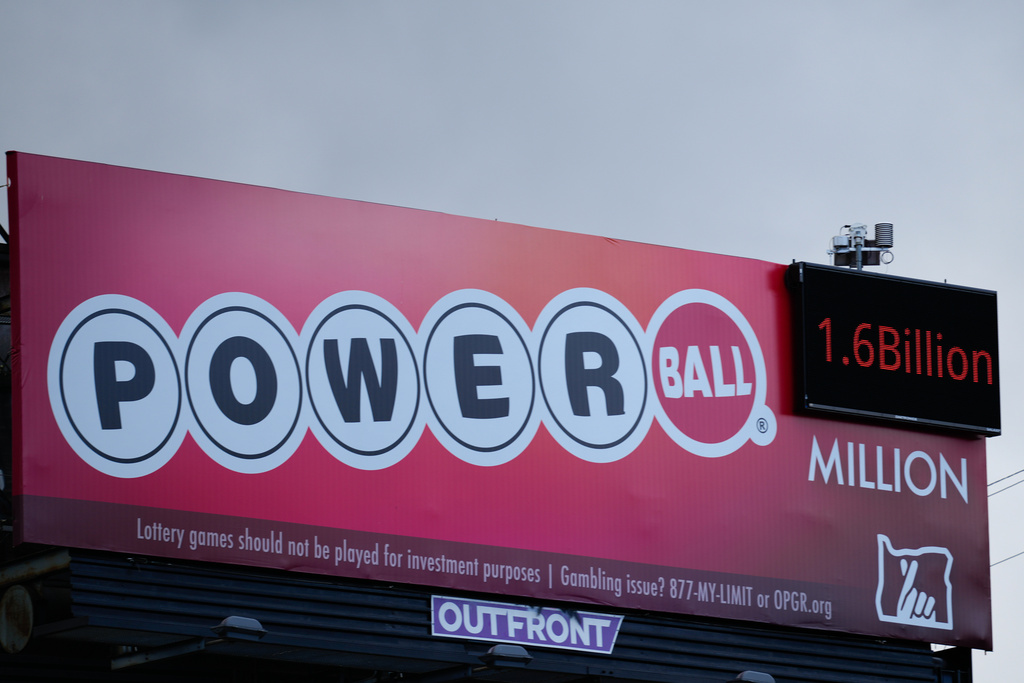A federal jury’s $14 million award to Denver protesters hit with pepper balls and a bag filled with lead during 2020 demonstrations over the police killing of George Floyd in Minneapolis could resonate nationwide as courts weigh more than two dozen similar lawsuits.
The jury found police used excessive force against protesters, violating their constitutional rights, and ordered the city of Denver to pay 12 people who sued.
Nationwide, there are at least 29 pending lawsuits challenging law enforcement use of force during the 2020 protests, according to a search of the University of Michigan’s Civil Rights Litigation Clearinghouse.
The verdict in Denver could give cities an incentive to settle similar cases rather than risk going to trial and losing. It could also prompt more protesters to sue over their treatment at the hands of police.
Lawyers for the claimants argued that police used indiscriminate force against the nonviolent protesters, including some who were filming the demonstrations, because officers did not like their message critical of law enforcement.
People who took part in the protests have already made similar allegations in lawsuits filed across the country.
In Washington, D.C., activists and civil liberties groups sued over the forcible removal of protesters before then-President Donald Trump walked to a church near the White House for a photo op. The claims against federal officials were dismissed last year but a judge allowed the case against local police to continue.
Several lawsuits alleging protesters were wrongfully arrested or that police used excessive force have been filed against New York City and its police department, including one brought by New York Attorney General Letitia James that claims police used excessive force and wrongfully arrested protesters. In Rochester, New York, people who protested the death of Daniel Prude, a Black man who lost consciousness after being pinned to the street by officers during a mental health call in 2020, claim police used extreme force against them in a lawsuit that also alleges city officials have allowed a culture of police brutality against racial minorities to fester.
One of their attorneys, Donald Thompson, said he plans to raise the Denver award in settlement talks with the city and note that unlike most of the Denver protesters, some of his clients suffered lasting injuries including the loss of an eye and scarring from being hit in the face with a tear gas canister. Thompson also thinks the Denver verdict shows that the public, in the age of cellphone and body camera videos, is not as willing to give police the benefit of the doubt anymore.
Even before the Denver ruling last week, the police department made some changes in response to criticism that arose from the protests, including eliminating the use of 40mm foam rounds for crowd control and changing the way officers are permitted to use pepper balls.
Denver’s Department of Public Safety, which includes the police department, said in a statement that the city was not prepared for the level of sustained violence and destruction. During the trial, lawyers and witnesses said over 80 officers were injured as some in the crowds hurled rocks, water bottles and canned food at them.
The department said it continues to evaluate its policies to “better protect peaceful protestors while addressing those who are only there to engage in violence.”
Still, the large award is not expected to lead to an overhaul of how officers respond to what experts say are inherently chaotic situations that are difficult to prepare for.
Additional reporting by The Associated Press.


 Repeated Police Misconduct Cost Taxpayers $1.5 Billion (In The Loop)
Repeated Police Misconduct Cost Taxpayers $1.5 Billion (In The Loop) The Model City: How Police Reform Failed In Breonna Taylor's Hometown
The Model City: How Police Reform Failed In Breonna Taylor's Hometown






